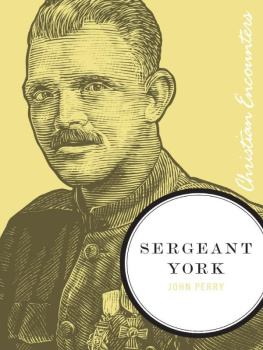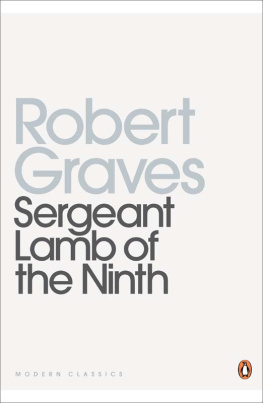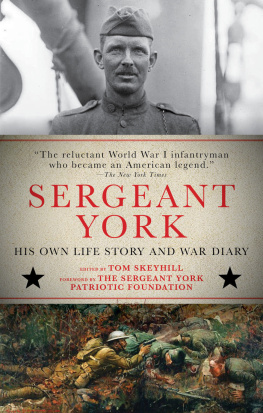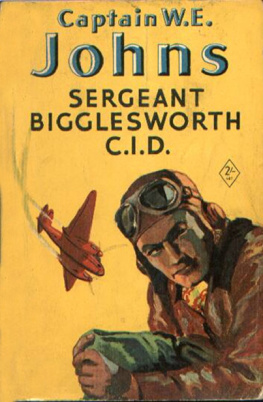PREFACE
ADRIEN JEAN BAPTISTE FRANOIS BOURGOGNE was the son of a cloth-merchant of Cond-sur-Escaut (Nord). He reached his twentieth year on November 12th, 1805, a time when military glory was the one dream of youth. To make his dream real, his father procured his admission in to a corps of the Vlites of the Guard, where a fixed income was a necessary qualification.
The Vlites were originally Roman soldiers lightly armed, for skirmishing with the enemy ( velitare ). In the year XII. when the Rvolution was at an end, two corps of Vlites, consisting of 800 men each, were attached to the foot Grenadiers, and to the mounted Grenadiers of the Consuls Guard.
By a decre of April 15th, 1806, 2,000 new Vlites were levied, and two battalions were attached to each of the arms composing the Guards. M. Gabriel Cottreau says that these additions were made to the Old Guard only. They were distributed among the Grenadiers and the Chasseurs pied, as well as among the cavalry regiments of Chasseurs, Grenadiers, and Empresss Dragoons.
In times of peace each cavalry regiment had attached to it a squadron of Vlites made up of troops of 125 men each, and each infantry regiment a battalion of two companies of 150 Vlites each. The uniform worn by the Vlites was always that of the corps into which they were drafted.
In 1809 the Emperor took a battalion of Vlites from the Fusiliers-Grenadiers to serve as a body-guard for the Grand-Duchess of Tuscany at Florence. This battalion still counted as belonging to the Imperial Guard; it went through the campaigns in Russia and Saxony, and in 1814 was incorporated with the 14th Regiment of the Line. Vlites drawn from the Fusiliers-Grenadiers were also attached to the service of the Prince Borghese at Turin, and of Prince Eugne at Milan.
The Vlites were trained first at Saint Germain-en-Laye, then at couen and at Fontainebleau. Bourgogne attended the writing, arithmetic, drawing, and gymnastic classes which were meant to complete the military education of these future officers; for, after a few years, the more efficient of the Vlites were promoted to the rank of Sub-Lieutenant.
After a few months, Bourgogne and his comrades were among the troops required for the campaign of 1806 in Poland, where Bourgogne became corporal. Two years later he took part in the Battle of Essling, where he was twice wounded. From 1809 to 1811 he fought in Austria, Spain, and Portugal. In 1812 he was at Wilna, where the Emperor re-assembled his Guard before marching against the Russians. Bourgogne was now sergeant. Already he had travelled a great deal. He had seen something of most countries, and wherever he had been he had taken note of what he saw.
How immense would be the value to the intimate history of the army under the First Empire, had he but left behind really complete memoirs, as foreshadowed in one passage of his book! The remarkable fragment or portion now issued raises a great expectation of the completion.
M. de Sgurs account of the Russian campaign needs no eulogy. In one respect it is lacking. It has not, and could not have, the personal accent of the experience that has been lived. M. de Sgur was on the staff, and had not to endure the sufferings of the private soldiers and the company officersthe sufferings which we now seem to know in their minutest details. They form the immense interest of Bourgognes memoirsfor he was not only a keen observerhe was a man who could see and put what he saw in a telling way; he ranks with the Captain Coignet revived for us by Lordan Larchey. His notes are classics in their kind, and have set the example of a new type of military memoirs, that of the simple and obscure, coming from the people and representing them in the person of ordinary man. An accurate rendering of their impressions is likely to be valuable and interesting.
There is no need for us to insist on the dramatic worth of the pictures Bourgogne has drawn. We need only mention the orgie in the church at Smolensk, strewn with dead, the unfortunate men stumbling over the snow-covered heaps to reach the sanctuary, guided by music they believed to be from heaven, actually produced by drunken men at the organ; the organ itself half burnt, on the point of crashing down into the nave below. All this is unforgettable.
These Memoirs are equally valuable for their psychological study of the soldier depressed by a succession of reverses. The army of 1870 will read their own miseries again. Here, too, is the drama of hunger. Where shall we find a scene to compare with that of the garrison of Wilna flying at the sight of the spectre army, ready to devour everything before it? Moreover, we cannot help seeing that Bourgogne was a kind-hearted man; his bursts of egoism are contrary to his real nature, and are followed instantly by remorse. He helped his comrades to the utmost, and risked a great deal so that a prisoner whose father had aroused his sympathy might escape. He was deeply influenced by the horrors he witnessed. He saw men stripped and robbed before the breath was out of their bodies; he saw Croats pull corpses out of the flames and devour them; he saw wounded men left by the roadside for want of means of transport, begging for help with outstretched hands, and dragging themselves across snow reddened by their blood, while those who passed by looked on silently, wondering how soon their turn might come. Bourgogne himself fell into a ditch covered with ice near the Niemen, and begged for help in vain from the men who passed. One old Grenadier came up to him I have not got any, he said, raising two stumps to show that he had no helping hands to offer. Near the towns, where the troops thought their sufferings would come to an end, the return of hope made them more pitiful. Their tongues were loosed, they inquired for their comrades, they carried the sick on their muskets. Bourgogne saw soldiers carry their wounded officers on their shoulders for miles. Nor must we forgot the Hessians, who stood all night round their young Prince in twenty-eight degrees of frost, as a fence protects a young plant. However, the effects of fatigue, fever, frost-bite, and badly-healed wounds, the undermining of his constitution by an attempted poisoning, Were more than enough to make our sergeant drop behind and lose his regiment, as had happened to so many others.
He advanced, therefore, slowly and painfully, quite alone, often sinking in the snow up to his shoulders, thinking himself lucky if he escaped the Cossacks, and finding hiding-places in the woods; finally he recognised the road his column had taken by the corpses strewn along the way.












